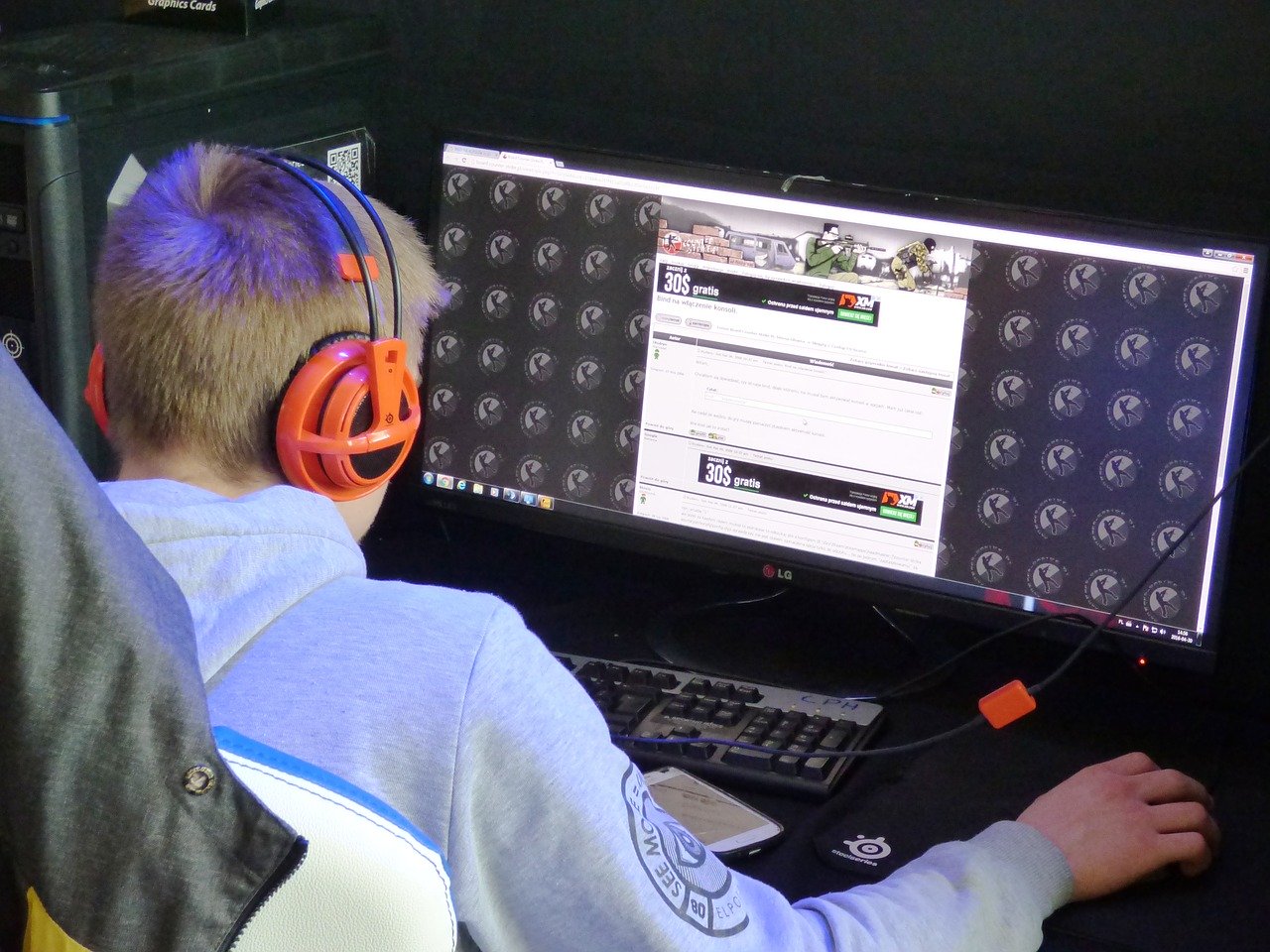In March 2020 researchers from Canada published the results of their study to assess whether a non-active lifestyle or sleep predicted lipid profiles in children over a 2-year period. A total of 630 children, with at least one obese parent, were involved in the study. The children were assessed twice, at ages 8-10 and 10-12 years. Information on lifestyle, including self-reported TV viewing and computer/video game use, was collected and 24-hour dietary recalls used to assess carbohydrate and fat intake. In addition, 7-day accelerometry was used to assess sedentary behaviour and sleep duration. Results showed that at both visits 55% of children were of normal weight, 22% overweight and 22% obese. An analysis revealed that for every additional hour of TV viewing/video game use reported at the time of the first visit, there was a 7% increase in triglyceride level and a 2.6% decrease in HDL(good)-cholesterol two years later at the second visit. In addition, each additional hour of sleep reported during the first visit appeared to predict a 4.8% decrease in LDL(bad)-cholesterol two years later, although this finding became insignificant after controlling for adiposity. The researchers therefore concluded that longer screen time usage during childhood appears to worsen lipid profiles in early adolescence, even after accounting for other major lifestyle habits. They also stated that the effect of a shorter sleep duration on the lipid profile should be considered in further studies.
Manousaki D et al. Tune out and turn in: the influence of television viewing and sleep on lipid profiles in children. Int J Obes (Lond). 2020 Mar 13. [Epub ahead of print]

